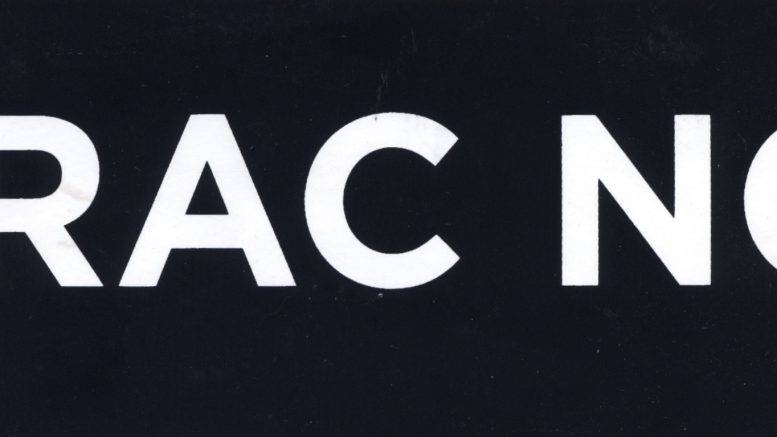
By Alan Neuhauser
U.S. News & World Report (6/6/20)
LAWMAKERS IN TEXAS passed a bill last month that they say will speed the construction of some 11,000 miles of pipeline by 2050 that is needed to keep the state’s oil boom going: Any protester who blocks or otherwise “interferes” with the construction of an oil and gas pipeline, transmission line or other “critical infrastructure” project will face up to 10 years in prison – the same sentence given to some sex offenders, triggermen in driveby shootings and other felonies.
The bill is expected to be signed by Republican Gov. Greg Abbott. If he does, Texas will become the latest state to institute tough penalties aimed squarely at pipeline protesters. Such laws have been adopted in six states – Indiana, Louisiana, North Dakota, Oklahoma, South Dakota and Tennessee – and are pending in another seven, including Texas, according to the International Center for Not-for-Profit Law, which is tracking the measures.
Opponents warn that the laws – by singling out a particular type of protest – mark a dangerous infringement on First Amendment protections of free speech and assembly. The measures, they contend, ultimately do little to accelerate pipeline construction that existing laws don’t already accomplish, while needlessly instituting draconian penalties for activity that hardly presents the kind of harm inflicted by the violent crimes that come with similarly harsh sentences.
“These measures are deeply problematic: They are clearly targeting protests and particular types of protests, specifically anti-pipeline, pro-environment, pro-environmental justice,” says Vera Eidelman, a staff attorney at the American Civil Liberties Union. “All of these laws are about silencing vigorous advocacy.”
A dozen people last August were arrested under Louisiana’s version of the law – drafted by a state oil and gas lobbyist – one week after it went into effect. Civil liberties groups last week announced a lawsuit challenging the measure. A similar challenge is playing out in South Dakota.
Melinda Taylor, a senior lecturer at the University of Texas School of Law specializing in environmental law and energy development, says that the laws’ proponents contend that they’re ensuring protests don’t choke the U.S. energy boom. …

